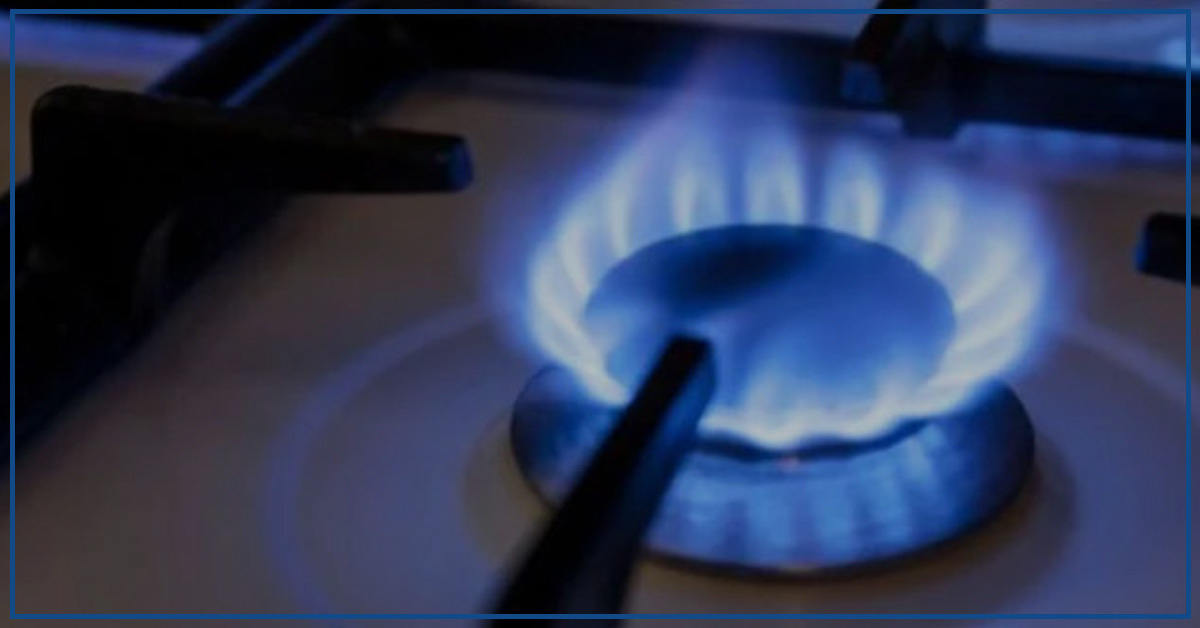The caretaker cabinet of Pakistan has given its nod to a substantial surge in natural gas prices. This decision, effective from November 1, 2023, will undoubtedly have a far-reaching impact on consumers and the economy at large.
The primary focus of this sweeping change is the surge in fixed monthly charges and consumer rates for natural gas. The fixed monthly charges for the “protected category” in the domestic sector will see a staggering increase from the current Rs10 to Rs400 per month, constituting a colossal 3,900% hike.
For consumers in the 0.25hm3 to 0.9hm3 consumption range, the cumulative impact of higher fixed charges will lead to an astonishing 300% increase in their gas costs. This will, in turn, result in an estimated 150% rise in their annual gas bills.
The decision is based on the recommendations of the Oil and Gas Regulatory Authority (Ogra), and it’s poised to have a cascading effect on different consumer categories. Bulk consumption rates will increase from Rs1,600 per mmBtu to Rs2,000 per mmBtu.
Notably, there will be no change in the tariff for the special commercial category, which currently stands at Rs697 per mmBtu.
The commercial sector will bear the brunt of these changes, with rates surging to Rs3,900 per mmBtu. Cement factories and CNG stations will see their rates increase to Rs4,400 per unit and Rs3,600 per unit, respectively.
Export industries will face new rates of Rs2,100 per mmBtu for the process and Rs2,400 for captive plants. Non-export industries are not spared either, with rates increasing to Rs2,200 per mmBtu for the process and Rs2,500 per unit for captive plants.

It’s essential to note that the power sector will remain unaffected by these changes, as there will be no increase in gas supply rates to this critical industry.
In addition to the gas price hike, the caretaker cabinet made other significant decisions. These include the approval of a repatriation order to deal with illegal aliens in the country. The Haj Policy 2024 was also given the green light, allowing 179,210 pilgrims to perform the Haj.
Furthermore, the privatization of the Pakistan Steel Mills has been halted, a move that may have implications for the country’s economic landscape.
The cabinet’s nod for international operations for Fly Jinnah is another noteworthy development. This approval now enables the airline to fly to Afghanistan, Bangladesh, Iraq, Malaysia, Oman, Qatar, Saudi Arabia, Thailand, Turkey, and the United Arab Emirates.
Caretaker Federal Minister for Health, Dr Nadeem, backed the decision to appoint military officials as heads of two hospitals in the federal capital, emphasizing that these appointments were made based on merit.
The surge in natural gas prices in Pakistan will likely have a considerable impact on the cost of living for the general populace and the country’s economic landscape. As these changes take effect, many will be closely watching for their potential consequences.





